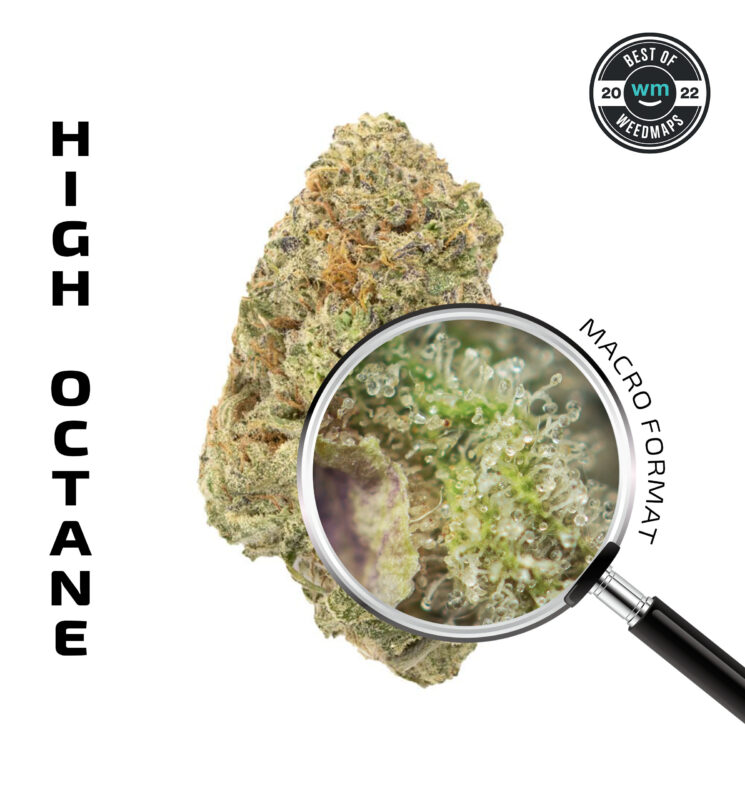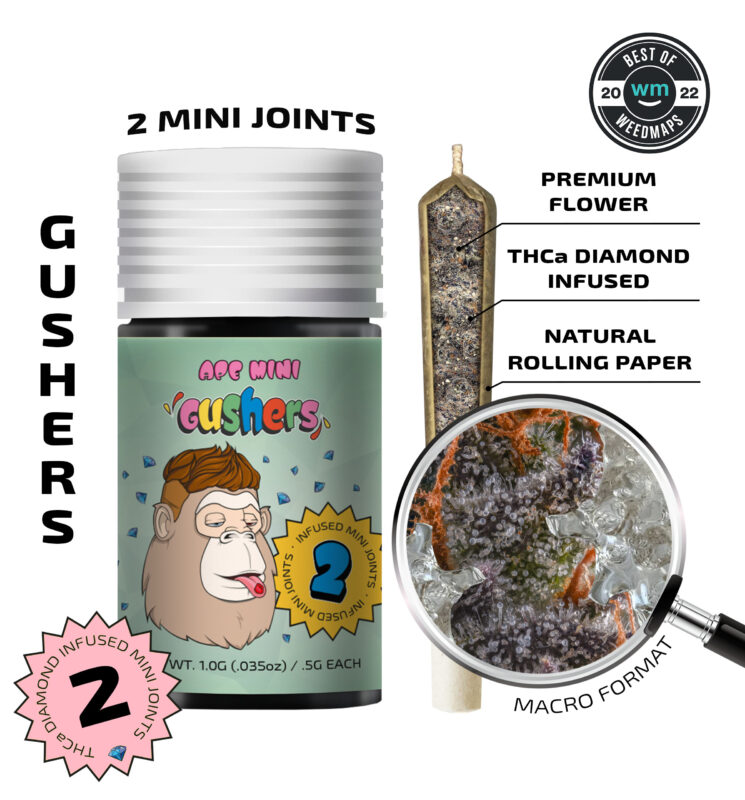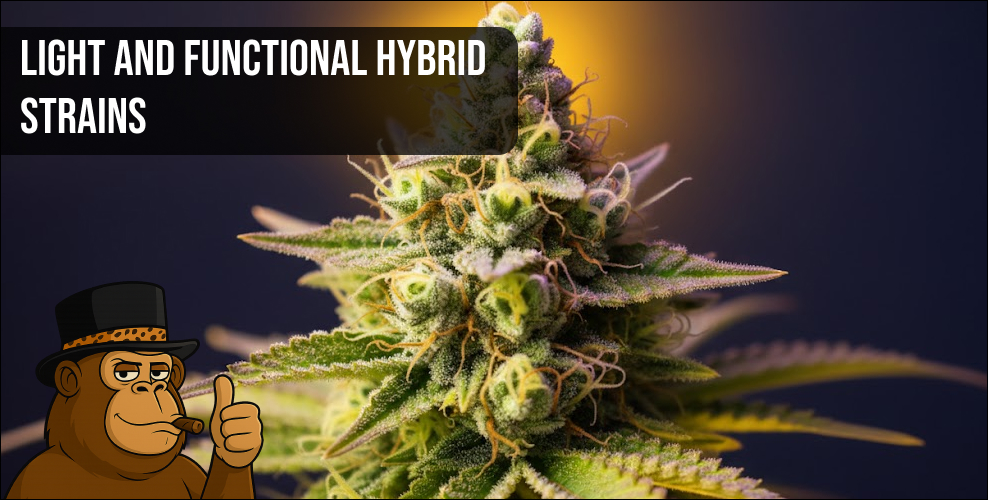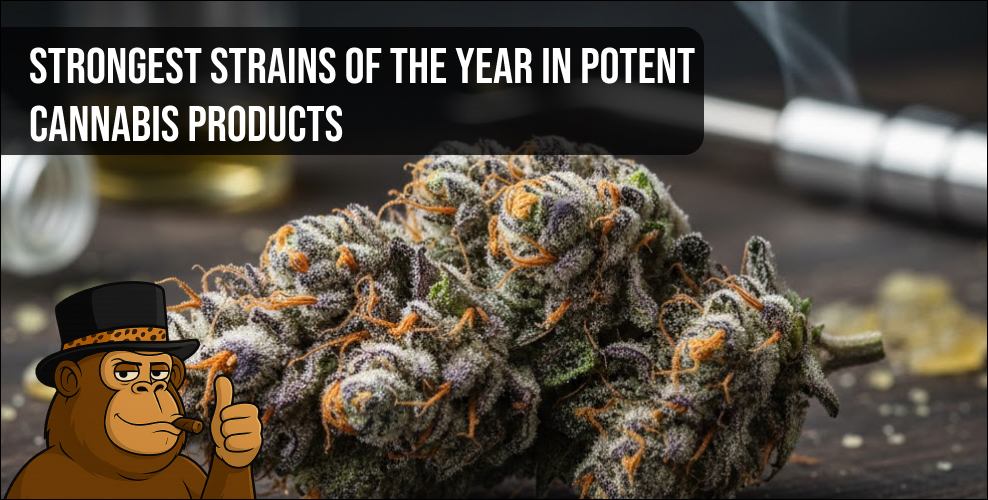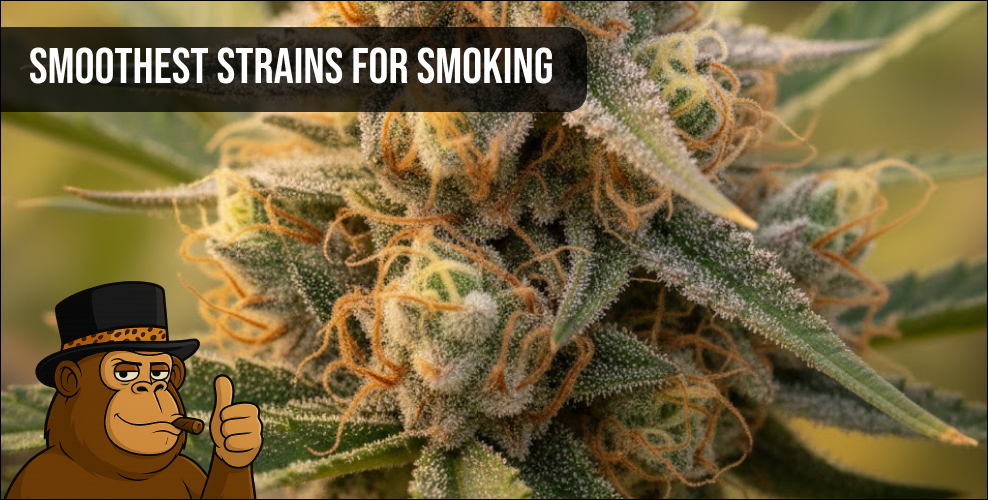
Weed Education
Cannabinoids and the cardiovascular system

Cannabinoids and the cardiovascular system form a complex relationship that scientists are only beginning to fully understand. Cannabinoids are active compounds found in the cannabis plant, including THC, CBD, and others. These compounds interact with the body’s endocannabinoid system, which plays a key role in regulating various physiological processes—among them, cardiovascular function.
The cardiovascular system includes the heart, blood vessels, and blood. It is responsible for circulating oxygen and nutrients throughout the body. When cannabinoids enter the bloodstream, they can impact this system through direct and indirect mechanisms.
Key insights:
- Cannabinoids interact with CB1 and CB2 receptors, which are present in cardiovascular tissues.
- The effects vary depending on the cannabinoid type, dosage, and the user’s health status.
- Understanding these effects helps users make safer choices when using cannabis products.
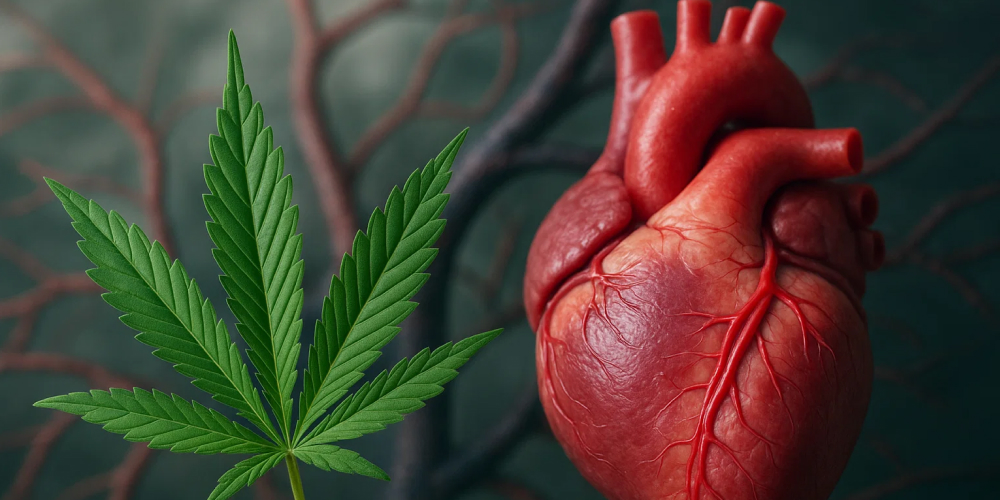
The Role of the Endocannabinoid System in Cardiovascular Health
The endocannabinoid system (ECS) consists of receptors, enzymes, and endocannabinoids. It influences mood, appetite, pain response—and cardiovascular regulation. CB1 receptors, found in the brain and heart, are primarily activated by THC, while CB2 receptors, found in immune tissues, are more responsive to CBD.
The impact of cannabinoids and the cardiovascular system often depends on which receptors are activated. Overactivation of CB1, for example, may increase heart rate or reduce blood pressure, while CB2 activation may reduce inflammation in arterial walls.
Key roles of ECS in cardiovascular regulation:
- Modulation of heart rate and blood pressure via CB1 receptor activity.
- Anti-inflammatory effects on blood vessels through CB2 activation.
- Regulation of oxidative stress and vascular tone, important for overall heart function.
Effects of THC on the Cardiovascular System
Tetrahydrocannabinol (THC) is the psychoactive compound in cannabis that most directly influences cardiovascular response. It stimulates CB1 receptors, which can lead to temporary increases in heart rate and changes in blood pressure. These effects may be harmless for healthy users but could pose risks for those with heart conditions.
Several studies link THC use with short-term cardiovascular stress. While these effects are usually mild, they should not be overlooked, especially in older adults or those with underlying health issues.
Main cardiovascular effects of THC:
- Increased heart rate (tachycardia) within minutes of inhalation or ingestion.
- Fluctuations in blood pressure, including potential hypotension after initial hypertension.
- Elevated myocardial oxygen demand, potentially risky for individuals with coronary artery disease.
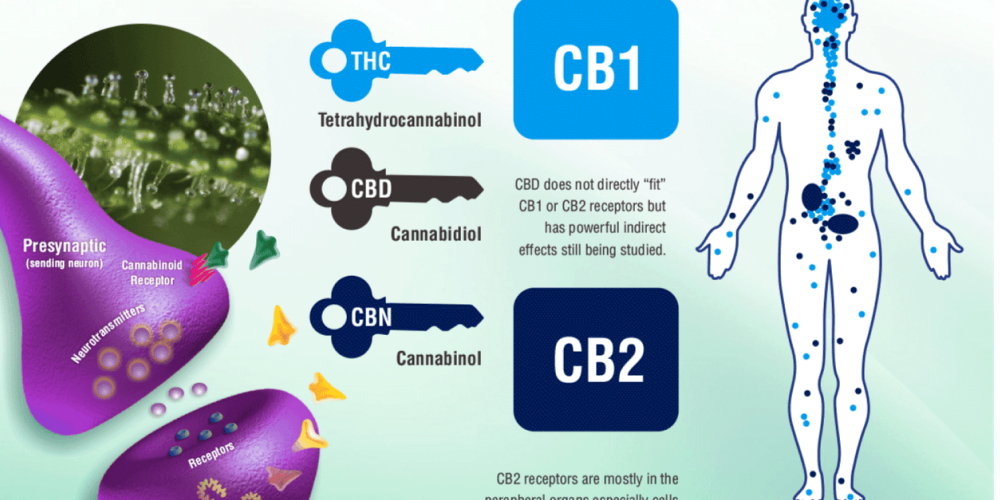
CBD and Its Potential Cardioprotective Properties
Cannabidiol (CBD) is a non-psychoactive cannabinoid known for its calming and anti-inflammatory effects. Unlike THC, CBD does not significantly affect CB1 receptors, which makes its impact on the cardiovascular system more subtle—and potentially beneficial.
Research suggests CBD may lower blood pressure, reduce stress-related cardiovascular responses, and improve blood vessel function. These effects make CBD an interesting candidate for supporting heart health, particularly in individuals managing stress or hypertension.
Potential cardiovascular benefits of CBD:
- Vasodilation (widening of blood vessels), improving circulation.
- Reduction of anxiety-induced blood pressure spikes.
- Decreased oxidative stress and inflammation in vascular tissues.
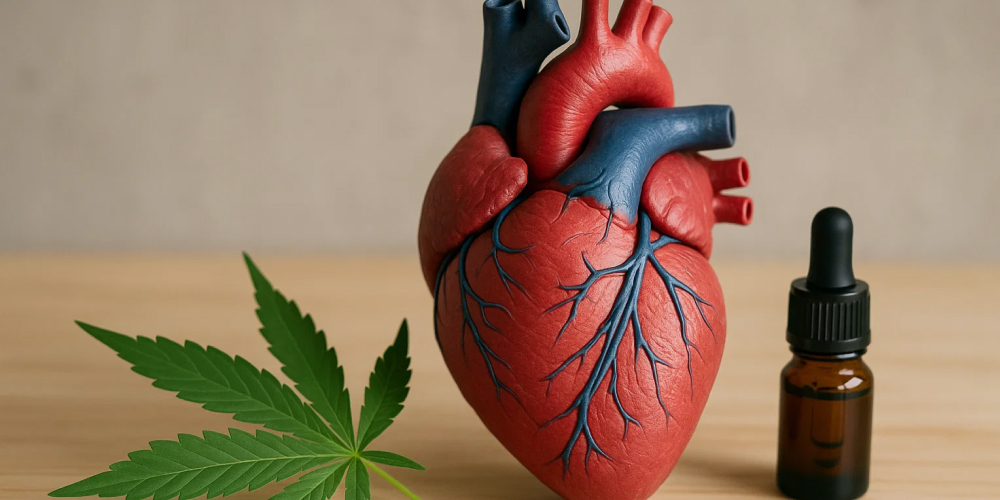
Cannabinoids and Cardiovascular Risk Factors
Understanding the link between cannabinoids and the cardiovascular system also involves examining how cannabinoids interact with existing risk factors. Individuals with high cholesterol, hypertension, or a family history of heart disease should approach cannabis use with caution.
Cannabis can influence several markers associated with cardiovascular risk. These include lipid profiles, insulin sensitivity, and systemic inflammation. Although cannabinoids like CBD may reduce some of these risks, THC may exacerbate them if used excessively or without medical oversight.
Relevant cardiovascular risk factors:
- THC may impair glucose metabolism, potentially raising diabetes risk.
- Cannabis smoke contains similar toxins to tobacco, which may affect blood vessels.
- Overuse of high-THC products can contribute to lifestyle-related heart strain (e.g., sedentary behavior or overeating).
Medical Cannabis Use in Patients with Heart Disease
The intersection of medical cannabis use and cardiovascular health is becoming an increasingly important subject in modern medicine. As more patients with heart conditions seek alternative or complementary therapies, understanding how cannabinoids and the cardiovascular system interact is essential. While cannabis offers potential therapeutic benefits such as pain relief, anxiety reduction, and anti-inflammatory effects, it may also carry certain risks—especially for individuals living with chronic heart disease.
For example, THC (tetrahydrocannabinol), the primary psychoactive compound in cannabis, can cause temporary increases in heart rate and fluctuations in blood pressure. These effects might be well-tolerated by healthy individuals but could pose challenges for those with hypertension, arrhythmias, or a history of stroke or heart attack. Conversely, CBD (cannabidiol) has demonstrated more stabilizing effects on the cardiovascular system, including vasodilation and reduced stress-related blood pressure spikes.
Current clinical research is still evolving, but some observational studies and preclinical trials suggest that specific cannabinoids may support heart function by reducing oxidative stress and inflammation—two key contributors to cardiovascular disease progression. However, delivery method plays a significant role. Smoking cannabis, for instance, introduces harmful byproducts that may negate the potential heart benefits of cannabinoids. Safer alternatives like tinctures, capsules, and edibles are generally preferred for cardiac patients.
Ultimately, any consideration of medical cannabis for heart disease should be done under close medical supervision. Individual risk factors, medication interactions, and cardiovascular history all play critical roles in determining safety. As science continues to uncover the complex dynamics between cannabinoids and the cardiovascular system, personalized and cautious approaches remain the gold standard in patient care.
Guidelines for cardiac patients using cannabis:
- Prefer formulations high in CBD and low in THC.
- Avoid smoking or vaping—opt for tinctures or capsules.
- Monitor for signs of cardiovascular stress (e.g., palpitations, dizziness).
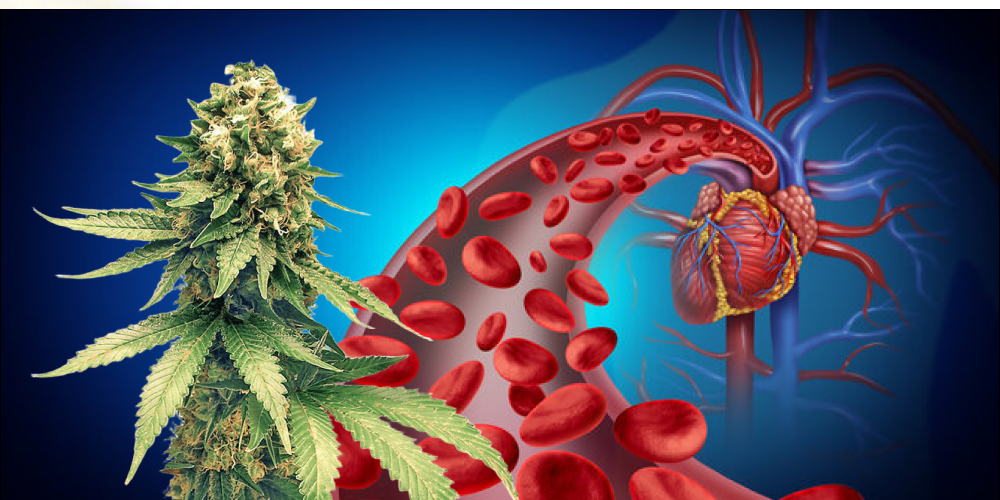
Cannabinoids and Recovery After Cardiac Events
There is growing interest in how cannabinoids and the cardiovascular system interact during recovery from heart attacks or strokes. Animal studies have shown that certain cannabinoids may reduce inflammation and protect heart tissue during ischemic events.
CBD, in particular, has demonstrated protective effects in preclinical models, reducing cell damage and improving outcomes in heart injury scenarios. While human trials are limited, the findings support further investigation into cannabis-based recovery strategies.
Post-cardiac benefits under investigation:
- Reduction in infarct size (area of damaged tissue) after heart attacks.
- Improved heart rhythm stabilization after cardiac arrest.
- Decreased neuroinflammation following stroke or heart failure.
Future Research and Safe Consumption Guidelines
As research into cannabinoids and the cardiovascular system expands, more targeted and personalized recommendations will become available. At present, moderation and informed use remain key. Users should consider cannabinoid type, delivery method, and personal health profile before integrating cannabis into their routine.
In the future, clinicians may tailor cannabinoid therapies to support cardiovascular outcomes, using compounds like CBD as part of a broader heart health strategy. Until then, both recreational and medical users must weigh benefits against potential risks.
Current safe-use recommendations:
- Consider cannabis as part of a wellness approach—not a replacement for medical treatment.
- Consult a healthcare provider before using cannabis, especially with heart concerns.
- Avoid high-THC strains if sensitive to blood pressure or heart rate changes.
FAQ: Cannabinoids and the Cardiovascular System
What are cannabinoids and how do they affect the cardiovascular system?
Cannabinoids are chemical compounds found in cannabis that interact with the body’s endocannabinoid system. This system plays a role in regulating cardiovascular functions like heart rate, blood pressure, and vascular tone. Some cannabinoids, like THC, may increase heart rate and cause blood pressure fluctuations, while others, like CBD, may help reduce inflammation and promote vascular health. The effects largely depend on the type and dosage of cannabinoid, as well as individual health status.
Is cannabis safe for people with heart disease?
For individuals with preexisting heart conditions, cannabis use should be approached with caution. THC can place temporary stress on the cardiovascular system, which may not be well-tolerated by those with conditions like hypertension or arrhythmias. However, CBD may offer supportive benefits, such as reducing anxiety or blood pressure. It’s crucial to consult a healthcare provider before using any cannabis-based product if you have a cardiovascular condition.
Does smoking cannabis harm the cardiovascular system?
Yes, smoking cannabis can have negative effects on cardiovascular health. Like tobacco smoke, cannabis smoke contains harmful compounds that can irritate blood vessels and increase the risk of cardiovascular disease over time. For those concerned about heart health, alternative delivery methods such as edibles, tinctures, or capsules are generally considered safer options.
Can CBD improve heart health?
CBD has shown promise in several studies for its potential cardiovascular benefits. These include lowering blood pressure during stress, improving arterial function, and reducing inflammation and oxidative stress. While not a cure or primary treatment, CBD may serve as a helpful supplement to a heart-healthy lifestyle, especially when used under professional guidance.
Are cannabinoids being researched for heart attack recovery?
Yes, researchers are actively exploring how cannabinoids may support recovery after cardiac events like heart attacks or strokes. Preclinical studies suggest certain cannabinoids might protect heart tissue, reduce infarct size, and improve outcomes. While human studies are still limited, the early data is promising and has prompted further investigation into how cannabis compounds could aid in cardiac rehabilitation.













